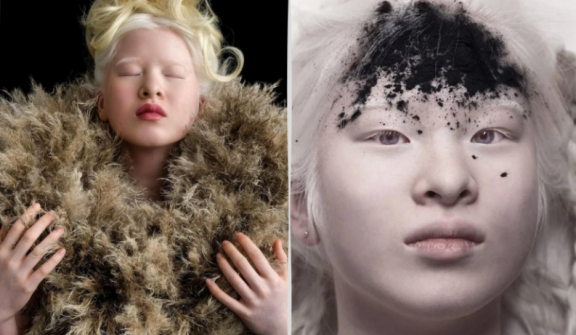
"Xue" means snow and "Li" means beautiful, making it a fitting name for this remarkable model with albinism. Bestowed upon her 16 years ago at a Chinese orphanage, Xueli is challenging society's perception of albinism and giving a voice to those who deviate from the unattainable beauty standards imposed by the modeling industry.
Albinism continues to be viewed as a curse or ill fate in certain parts of China. Some kids were left behind, some were imprisoned, or if they did attend school, their hair was dyed black. To compound matters, she was born during the era of China's one-child policy and subsequently abandoned outside an orphanage as an infant. Fortunately, at the age of three, she was adopted by a Dutch family.
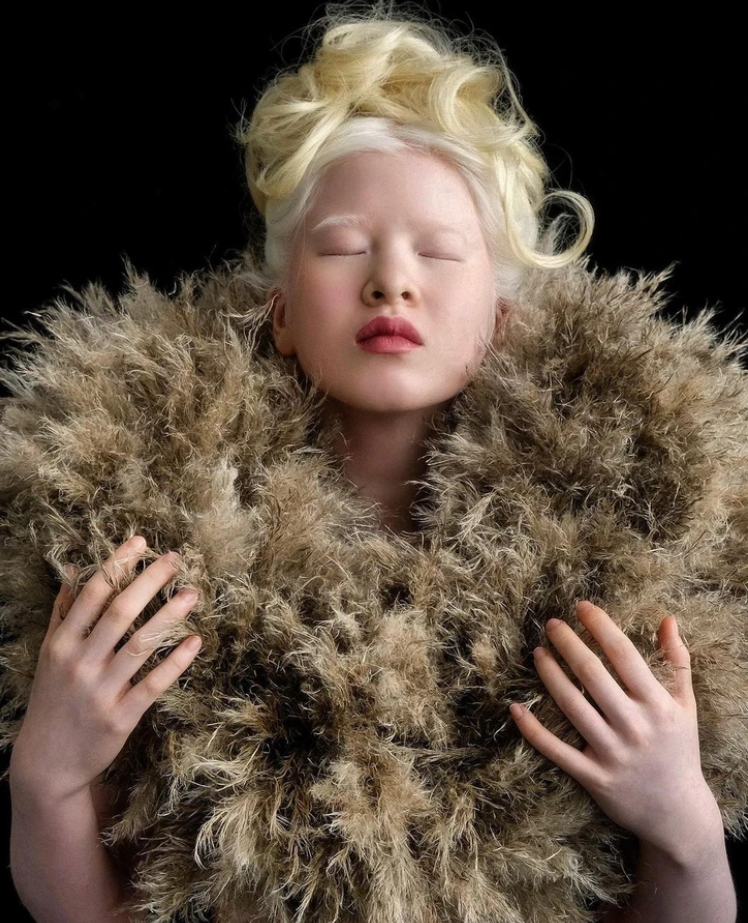
Xueli embarked on her modeling career at the tender age of 11. When Xueli was 11 years old, modeling came to her by accident. Her mother was in touch with a designer who had Hong Kong roots. She decided to create highly expensive clothing for her kid, who has a cleft lip so that people would stop staring at his lips all the time. She dubbed the ad "Perfect imperfections" and asked Xueli if she would want to participate in her Hong Kong fashion show.
This serendipitous encounter became the catalyst for her blossoming career as talent agencies soon took notice of her. After that, Xueli received invitations to take part in a few photo shoots, one of which was for Brock Elbank at his London studio. He shared a photo of her on Instagram. She was contacted by the Zebedee Talent modeling agency and requested to join their effort to increase the representation of persons with disabilities in the fashion business.
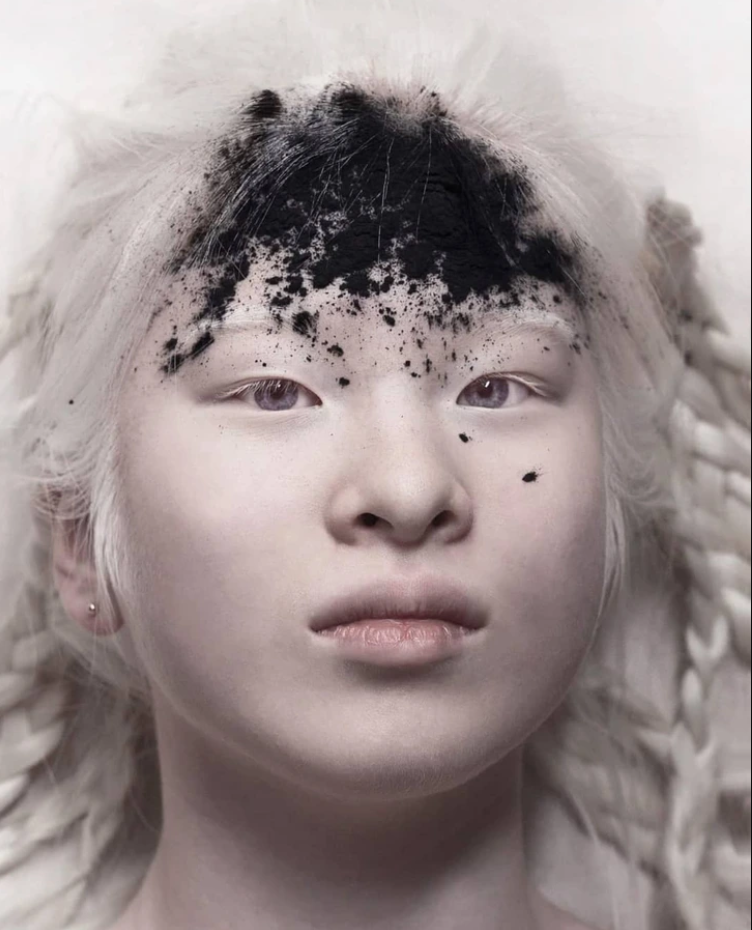
Albinism, being a genetic condition, brings with it various degrees of visual impairment. Xueli herself has approximately 8% to 10% of normal vision. As a result, during photoshoots, she often closes her eyes to shield them from the overwhelmingly bright lights. On her Instagram, she explains, "Because the light is almost always too bright. When I do open my eyes, I mostly squeeze them...", Or she'll say "OK, you can take three photos of me with my eyes open and the flash, but no more."
Xueli openly shares that her life has been punctuated by negative experiences, ranging from being abandoned as an infant to enduring occasional exclusion at school due to her differences. She acknowledges that these experiences were undeniably arduous, but they ultimately contributed to her resilience and inner strength.
In spite of the unforgiving nature of the modeling industry, Xueli has achieved remarkable success. At the tender age of 16, she has already graced the pages of renowned publications like Vogue. Her photographs have even found their place in museums, and she has lent her unique presence to various fashion brands.
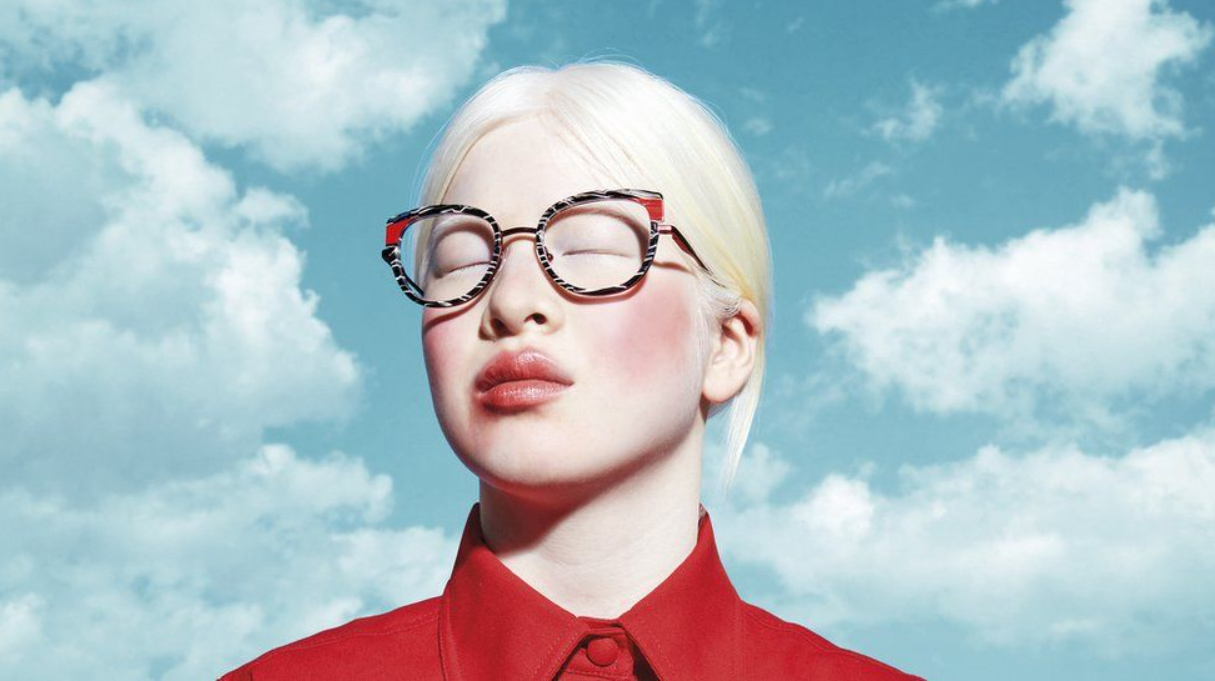
She said: "In the June 2019 issue of Vogue Italia, which featured Lana del Rey on the cover, one of the photos Brock took of me was published. It took me some time to understand why people were so thrilled about this magazine since at the time I had no idea how significant it was."
Curious about how Xueli maintains her self-esteem in an industry as critical as modeling, we posed the question to her. Her response was enlightening: "Although I am passionate about modeling, it is not the sole purpose of my existence. While I thoroughly enjoy the photoshoots and have been fortunate to have positive experiences thus far, I do not want to rely solely on this work for my self-worth."
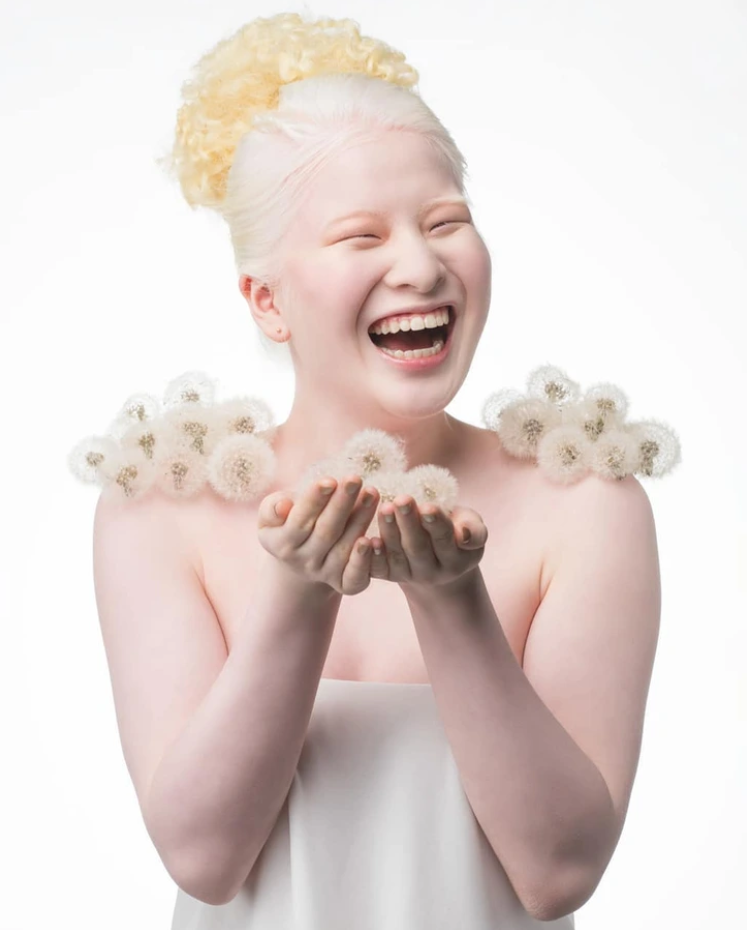
Essentially, Xueli doesn't seek validation from the modeling industry, as her self-love emanates from within. In her words, "The fashion industry is highly critical, with standards and norms that few can truly attain. It is encouraging to witness the industry embracing diversity and featuring models of all colors, abilities, and body types."
"Every individual is inherently unique," she emphasizes. Xueli utilizes her platform to raise awareness about albinism and advocate for representation. She asserts, "People with disabilities or those who appear different should also possess confidence in their capabilities and achievements."
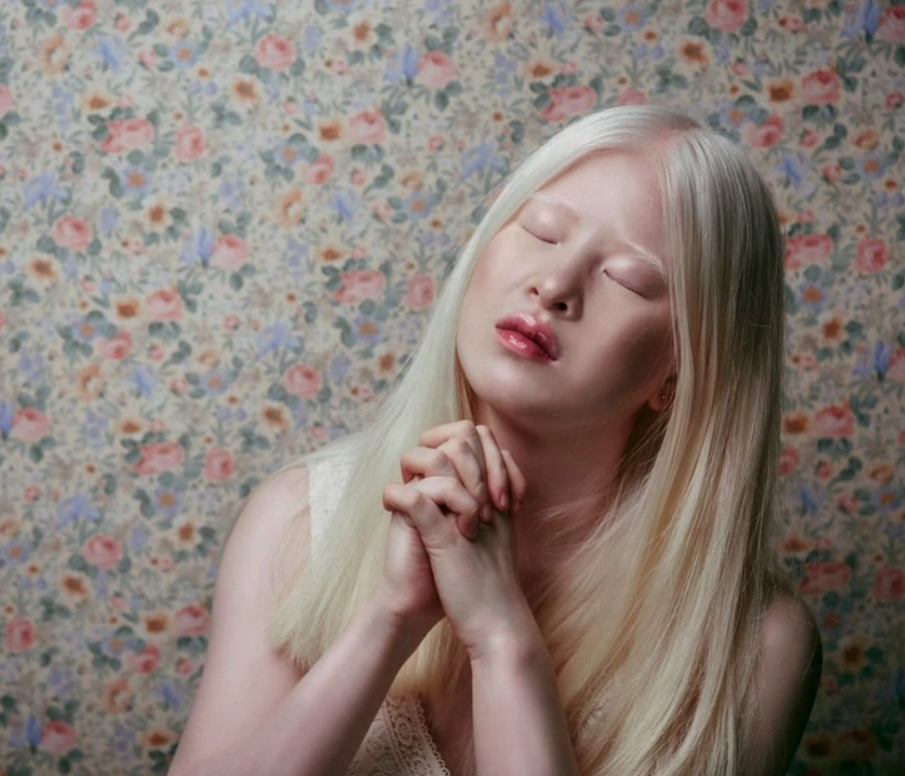
Furthermore, she refuses to let her modeling career as an albino woman succumbs to stereotypes. Xueli laments that models with albinism are often typecast to portray angels or ghosts in photoshoots, a portrayal that saddens her deeply. This perpetuation of stereotypes not only reinforces harmful beliefs but also endangers the lives of albino children in countries like Tanzania and Malawi.
Xueli implores the media to give a voice to those who have long been silenced. She believes that increased representation and societal acceptance of diversity go hand in hand. As she passionately asserts, "The
more people feel represented, the more our society will learn to embrace inclusivity."
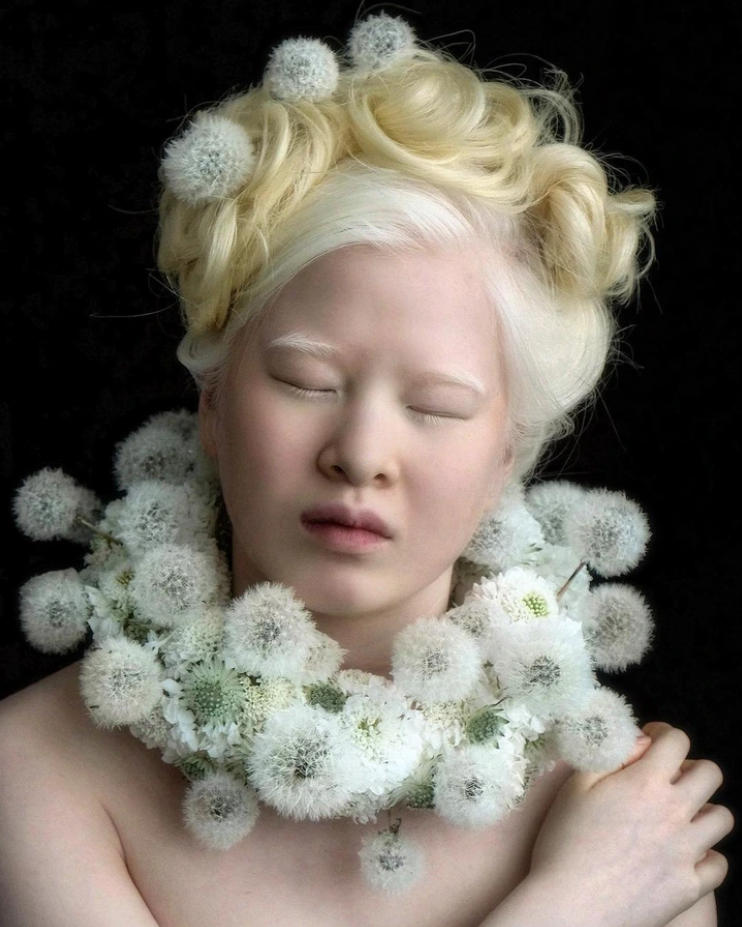
When asked how we, as a society, can dismantle harmful beauty standards, Xueli offers a thought-provoking suggestion: "We can make conscious choices about whether to support companies based on their approach to diversity. Rather than striving to establish new standards, let us appreciate the beauty inherent in every individual."
In conclusion, Xueli's inspiring journey serves as a beacon of hope, illuminating the path toward a more inclusive society. By amplifying the voices of marginalized communities, breaking free from harmful beauty standards, and celebrating the uniqueness of every individual, we can forge a future that embraces true diversity. So, who would you like to see represented in the media, and how do you envision breaking down harmful beauty standards?




